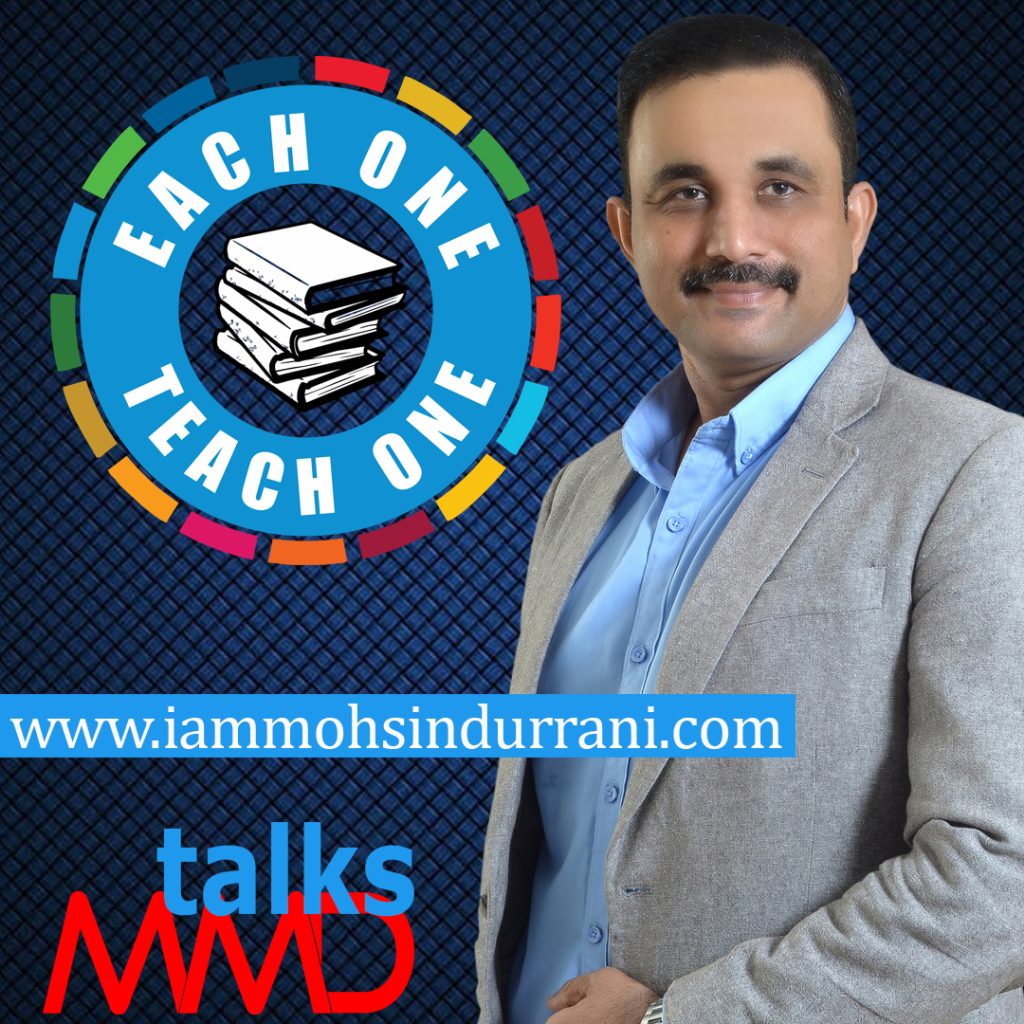Background
Education provides us with knowledge about the world, empowering us to transform it for the better. It shapes our perspective on life, helping us form opinions and develop viewpoints on various aspects. Without education, information cannot effectively become knowledge.
Countries approach education differently, and success in education is not universally defined. Common metrics include literacy rates, access to education, economic indicators, and government investment in education. However, global challenges persist. Over 150 million children aged 3 to 5 lack access to pre-primary education, with more than 80% of these children in low-income countries. In developing nations, the average cost of education per child is approximately $1.25 a day.
Despite being a fundamental human right, uninterrupted access to education is still a distant dream for millions. Financial barriers like school fees, textbooks, and uniforms often prevent disadvantaged students from completing their education.
The “Each One Teach One” Concept
Every child, regardless of race, gender, or religion, deserves the opportunity to pursue their dreams and realize their potential. A child’s right to education should not be hindered by life’s circumstances. With this vision, we have initiated the Each One Teach One program.
Focus on Basic Education
Basic education includes primary education (the first stage) and lower secondary education (the second stage). It also encompasses a range of informal and non-formal learning activities designed to meet the basic educational needs of individuals of all ages.
This includes developing competencies, knowledge, attitudes, and values essential for lifelong learning. Basic education is more than just an endpoint—it is the foundation for continuous personal and societal development, allowing nations to build their futures systematically.
Vision: Empowering Through Accessible Education
We plan to launch an application connecting those willing to teach with those eager to learn. Our program will focus on empowering young girls and women, ensuring:
- No age restrictions
- No fee policy
Girls and women who wish to teach will register their credentials as educators, while those seeking to learn basic education can enroll as students.
How It Works
- Online Classes:
Based on the number of enrolled students and their locations within specific cities in Pakistan, we will arrange online classes twice or thrice a week. - Community-based Learning:
Classes will be conducted in local settings, such as community centers or house portions, ensuring safety and convenience for the learners, especially under parental supervision.
This initiative aims to eliminate educational barriers, foster equality, and empower individuals to achieve their fullest potential, contributing to a brighter future for all.
